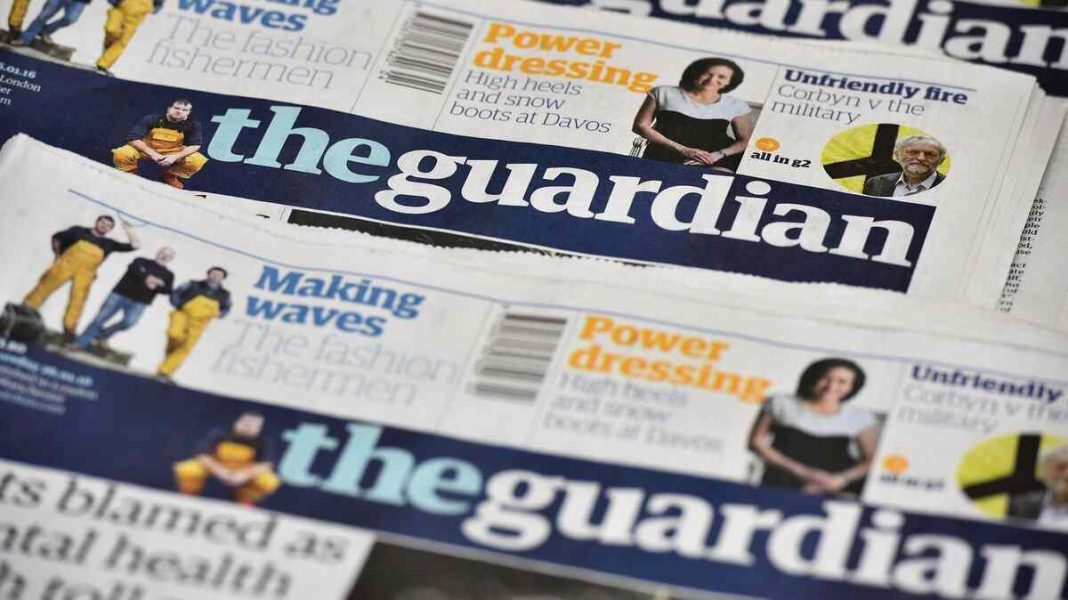When I see Matthew Perry’s memoir in many bookstores these days, I am fascinated by the kinds of people gravitating toward it. The bunch is mixed: original Friends and Chandler Bing fans from when the sitcom was aired back in the 90s, millennials who appreciate television classics, and readers who enjoy memoirs.
One winter evening recently at Crossword, I overheard two young men discussing if it would make a good gift for their alcoholic friend. “Maybe it will show him how awful addiction can be,” said the first. “Or maybe it will teach him that fame and money can excuse everything,” argued the other. I think it explains the central question posed by “Friends, Lovers, and the Big Terrible Thing.” This account penned by the Canadian-American actor Matthew Perry is brutally honest, even triggering, but undeniably powerful.
Definitely Big And Terrible
In this 250-page book, Perry takes us through his turbulent childhood—his parents, a beauty queen and an actor separated when he was little. Matthew, a five-year-old unaccompanied minor, flew from Canada to Los Angeles to be with one parent. He tells us about his several failed relationships, many of them with high-profile, glamorous women like Julia Roberts and Lauren Graham (Gilmore Girls). But as is implicit in the title, the pivot is the big terrible thing: his addiction to painkillers, opioids, cigarettes, and alcohol.
Be prepared to see the worst that comes with a dependency on OxyContin, Vicodin, Dilaudid, or party-size vodka bottles—you name it. Yes, he doesn’t leave much alone, barring heroin, which he admits is an abstinence that has saved his life. Matty, as his friends call him, has undergone countless detoxes and spent millions in rehab centers and sober homes but is still coming down with pancreatitis in his thirties. A ghastly near-death experience after a colon explosion has pushed him back into sobriety once more. It involved a coma, permanent scars, and a clumsy colostomy bag. Morbid as his experiences have been, Matthew is now a calmer and more mature 53-year-old, eager to focus on his scripts and take inspiration from Batman.
Uncannily Chandler
The similarities between Perry and Chandler in the memoir are almost uncomfortable. Chandler’s parents never got along, and his childhood was a nightmare of horrible Thanksgiving dinners and embarrassing parent-teacher meetings in school. Abandonment is a consistent theme throughout the book, and adult Perry uses this as a vague explanation for his addiction.
Both of them have had ill luck with women until, of course, Chandler found his Monica. Perry’s search for love continues, although he seems to have found peace and quiet with his long-time friend, Erin. Chandler’s famous manner of speaking – that endearing emphasis on ‘be’ – is also something Perry discusses at length. More than anything, he infuses the book with plenty of dark humor, even when everything seems bleak. I have heard accounts that this book isn’t for Friends fans who want to discover behind-the-scenes information. However, I feel that a true Friends fanatic—and a Chandler Bing enthusiast—will appreciate an insight into what one of the main actors endured during the making. I had no idea he almost missed the opportunity to star in Friends; he was the lead in a ridiculous sci-fi show then.
Matthew doesn’t leave out any graphic details of how his illness affected him during the shooting. Incidentally, seasons 5 and 6, which were high points for Chandler and Monica, were among the darkest days for Perry. His co-star Jennifer Aniston reached out to him; Lisa Kudrow even pens the foreword for this book. Everyone on Friends knew what he was going through, and learning the truth about his battles depicts the show in a new light.
The Blame Game
I have frequently found people mixing up their feelings about a memoir as a literary work with the likeability of the author. While I have long been a Chandler Bing fan, I cannot deny that Matthew Perry doesn’t come across as someone with whom everyone will get along. He takes unexplained digs at Keanu Reeves, attracting a lot of negative publicity. Contrastingly, Perry idolizes Bruce Willis. He literally drops names of A-list celebrities and opportunities he has encountered.
Matthew persistently blames his childhood loneliness and lack of parental attention for the turns his life has taken. His behavior with women—basing relationships on sex, displaying a lack of emotional availability, and ditching perfectly loving partners for no apparent reason—is downright horrific. Also somewhat unsettling is his devotion to religion. Not once does he lose faith in God, and he even credits divine intervention during a Xanax phase as a lifesaver. However, in the thick of this chaos, I cannot help but root for the man’s honesty and eagerness to help a fellow addict.
Reading this memoir is not easy or light. After a point, it almost becomes a danger ahead for addictive substances. It sordidly details the umpteen relapses despite lethal risks to career, relationships, and health. It doesn’t help that Perry’s compulsive personality translates into a fear of commitment and a desperate need for validation and fame. Missed awards affect him so badly it is almost painful to read; incidentally, he didn’t win a single Emmy during his Friends run. He keeps demeaning fame, saying it doesn’t solve much, but his obnoxiously expensive homes are dear to him.
Be all that as it may, the memoir has left me thoughtful and curious about life. How Perry still has the fortitude to focus on writing scripts, enjoy a morning coffee, and look at the world with cheer is a beacon of hope for anyone. It doesn’t matter how deeply submerged they are in addition. This book is dark and dreary, but it is also bewitchingly happy. The author identifies addiction for what it is—a disease, notwithstanding the emotional or environmental triggers. People come up with cures for diseases. You must grit your teeth and see yourself through the treatment. I am glad Perry dared to pen this down.


